“What do I do if my nonprofit serves individuals who have sensitive stories that could trigger others?”
In the nonprofit world, it is common to see missions that are serving individuals who have experienced incredible hardships and overcome massive challenges.
Children from underserved communities.
Adults who have experienced trauma.
People experiencing homelessness.
Families facing financial hardship.
Individuals in recovery.
Survivors of violence.
The list goes on and on.
When it comes to sharing a nonprofit’s impact, sensitive stories demand compassionate and responsible handling. However, navigating storytelling that balances between transparency and respect for privacy can be daunting.
In the post, we’ll explore the three essential keys to sharing sensitive stories at your nonprofit. These steps have been synthesized from the 2023 Ethical Storytelling Report, which includes the perspectives of 20+ storytelling experts and boots-on-the-ground nonprofit professionals.
When asked: “What is the best way to share stories while still being sensitive toward triggering others?”, we received thoughtful answers from Frank Velásquez Jr., Evan Wildstein and Maria Bryan that emphasize three keys to collecting, organizing and sharing sensitive stories from your community. Let’s dig in:
3 Keys to Sharing Sensitive Stories
1. Be Transparent About Your Intentions.
“Frame the issue before responding. Kindly state that before you answer, it is our responsibility to do everything we can to avoid re-activating trauma, and instead to honor and uplift the community through their stories. Share how using asset-based language keeps the focus on the aspirations of the community and distinguishes between their resilience versus the systemic inequities that exist. Words matter; actions speak. When we change the formula, we can get a different result. A better result.” – Frank Velásquez Jr., Founder of 4 Da Hood
Ethical storytelling starts with story collection. When you explain to the storyteller how you plan to use their story, it allows them to make an informed decision about what they’re comfortable sharing. For example, a storyteller might feel more at ease sharing detailed information if they know the story will be used for a grant application or at an in-person event, rather than being posted on social media where it can be seen by a wider audience. Being upfront about your intentions helps build trust with the storyteller, making them feel more empowered and more likely to share again in the future.
2. Explicitly Capture Consent.
“A safe bet is to assume ALL stories are sensitive, either to the person who is sharing them or to the stakeholders reading, sometimes both — and this might not always be made clear for us. We can be good stewards of our stakeholders’ stories by being collaborative, honest and communicative. Especially with collateral like brochures or videos, we must ensure we have actual consent to use stories — not simply implied consent — and try like heck to feature people in a dignified, human way; your organization should not portray stakeholders at their lowest, worst-possible moments.” – Evan Wildstein, Director of Community Philanthropy at Every Texan
Capturing consent is the most important part of sharing stories ethically. It’s crucial that your nonprofit gets written consent before sharing any story. Consent should never be assumed or based on a verbal agreement. That said, this doesn’t have to be a hurdle in the collection process—“written” consent can be as simple as an electronic checkbox.
Additionally, consent should not be considered in perpetuity. Storytellers should have the ability to remove their consent at any time, with no questions asked. See MemoryFox’s Story Consent Removal Form to see an example your organization could offer.
Finally, it’s a good idea for organizations to regularly check in with their storytellers to reconfirm consent. For instance, if you plan to share a story a year after collecting it, it’s wise to send an email or make a call to ensure the storyteller is still comfortable with how they’re being portrayed.
3. Use Content Warnings Judiciously.
“When sharing painful content, it’s important to provide content warnings upfront so audiences can make informed choices about engaging. Content warnings allow us to share lived experiences while supporting the individual agency and the well-being of our audiences. By clearly labeling distressing material and describing its contents, we enable readers to protect their mental health if needed. Content warnings uphold both the value of sharing one’s truth and the value of personal boundaries.” – Maria Bryan, Trauma-Informed Storytelling Trainer at Maria Bryan Creative
Ethical storytelling doesn’t end with the storyteller. It’s just as important to think about the experiences of those who will be receiving the story. Giving a content warning before sharing something sensitive is a considerate way to protect the mental health of your audience.
Content warnings are recommended when sharing stories that include the following topics:
- Sexual assault
- Abuse
- Child abuse
- Animal cruelty or animal death
- Self-harm and suicide
- Eating disorders
- Violence
Please note that this is not an exhaustive list. To ensure the proper use of content warnings at your organization, craft an Ethical Storytelling Guide that outlines your nonprofit’s guidelines, and educates your staff. Having everyone on the same page is the first step to a more inclusive, ethical work environment.
In the nonprofit world, where every story can inspire action, ethical storytelling isn’t just an option—it’s a responsibility. By incorporating these three principles into your storytelling, you uphold the values of integrity and empathy that are at the heart of your mission. Remember, the stories we share aren’t just narratives; they are voices of resilience, echoes of hope, and drivers of change. Let’s keep sharing them ethically, amplifying the voices that need to be heard while maintaining the trust placed in us.
After nearly 10 years in the nonprofit world, Carly Euler joined MemoryFox ready to elevate the  hundreds of nonprofits in the community by telling stories ethically and authentically. Carly is the creator of the 2023 Ethical Storytelling Report, and has previously held positions at the Breast Cancer Coalition of Rochester, the Wily Network, and the Code of Support Foundation, where she has specialized in special events, communications, and fundraising. Storytelling has been an integral part of each role.
hundreds of nonprofits in the community by telling stories ethically and authentically. Carly is the creator of the 2023 Ethical Storytelling Report, and has previously held positions at the Breast Cancer Coalition of Rochester, the Wily Network, and the Code of Support Foundation, where she has specialized in special events, communications, and fundraising. Storytelling has been an integral part of each role.
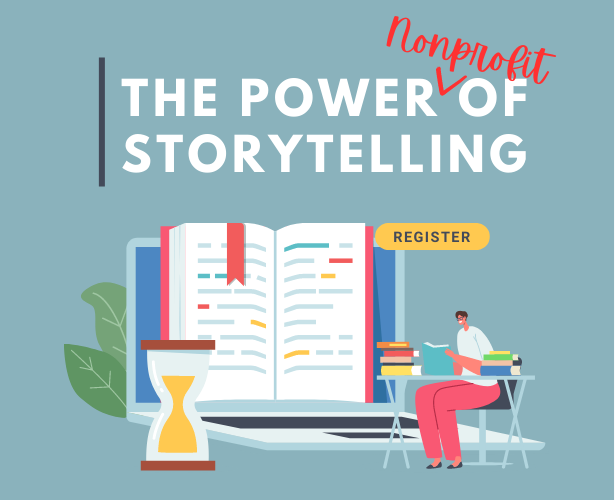
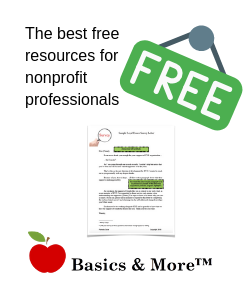
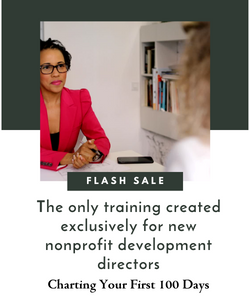
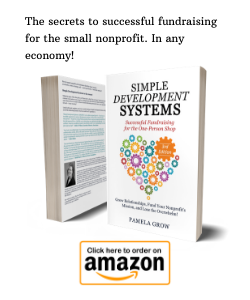
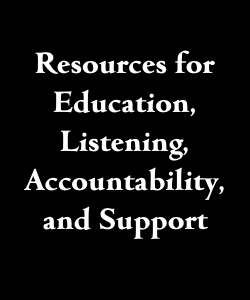
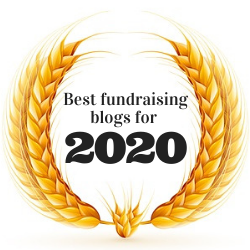


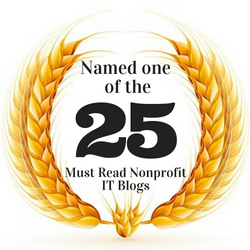



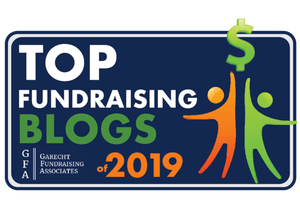
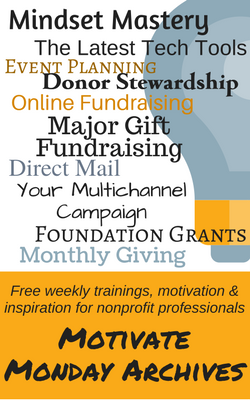

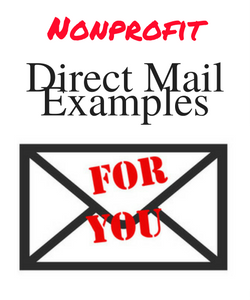
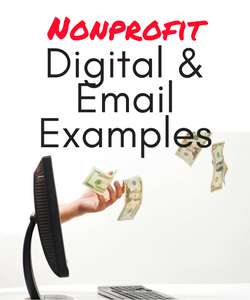

 I can’t wait to meet with you personally.
I can’t wait to meet with you personally.
Comments on this entry are closed.